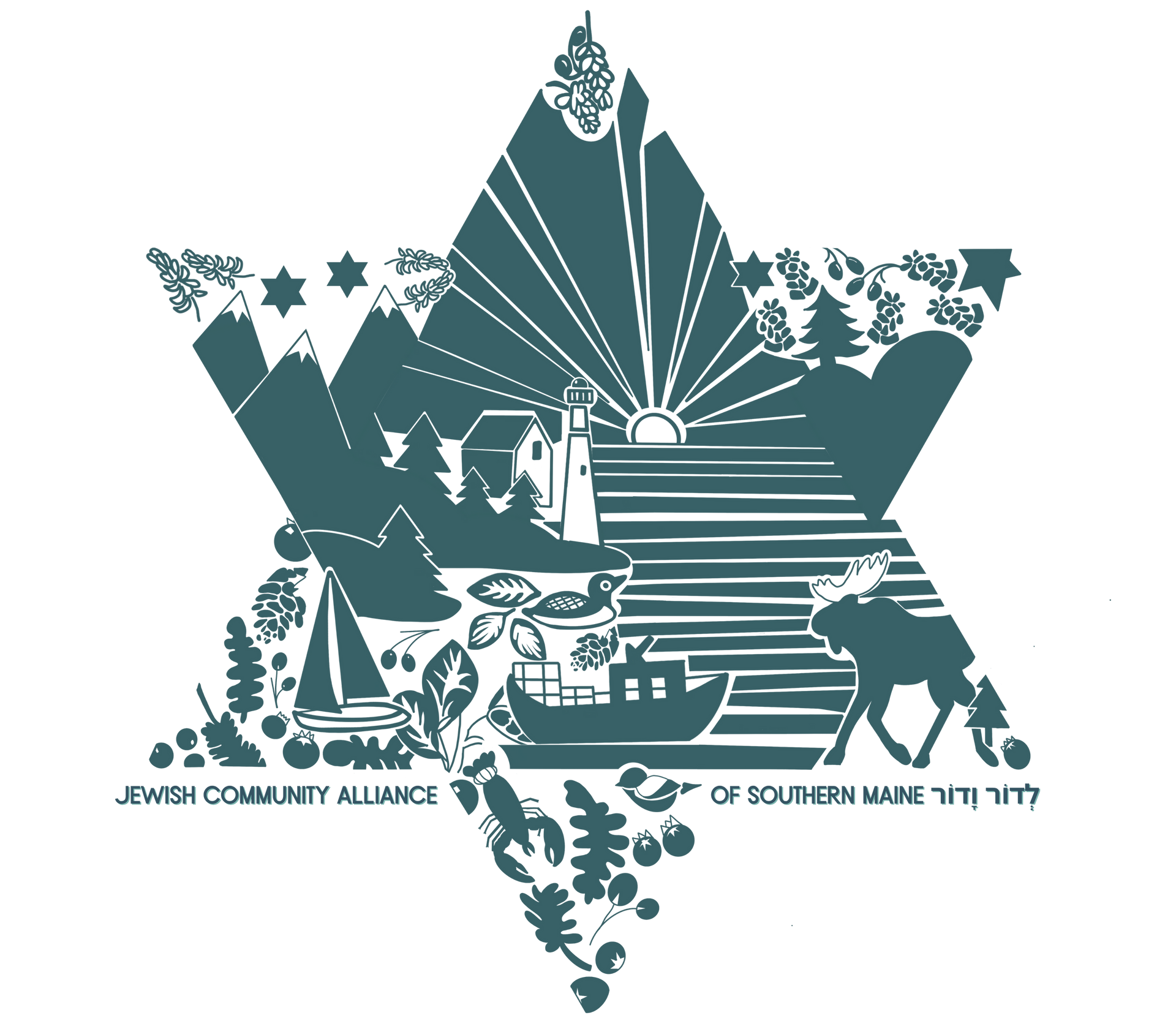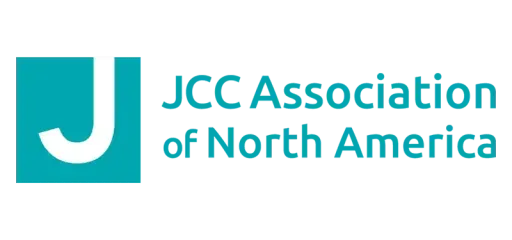Israel-Iran: A Primer for the Maine Community
Background
Did you know the first Jewish “Messiah” was an Iranian king?
Before we dive into the current war, it is incredibly important to lead with the long history of friendship between Iranian (Persian) and Jewish people. This current conflict is not a war between Jewish and Persian people, but a war between the state of Israel and the government of Iran. In fact, many Jewish Mainers have deep connections to the Iranian community, including friendships with Iranian refugees (i.e. members of the Bahá’í Faith), Persian Jews, and others.
Just like Jewish history, Iranian civilization is ancient, vibrant, and world-influential. The Achaemenid Empire, also known as the “First Persian Empire,” was the very first “world empire,” stretching from Greece to Israel to the borders of India all the way back in ~500 BC. Moreover, the Hebrew Bible refers to Cyrus the Great, who founded the Achaemenid Empire, as the first “messiah.” This is because Cyrus decreed that the Jews—who were then in captivity in Babylonia—could return to their ancestral homeland of Israel and rebuild their Temple. This was an act of kindness which the Jewish people are still grateful for today. In fact, Cyrus is the only non-Jewish person to ever have been called messiah!
Cyrus’ humanitarianism laid the foundation for two millennia of Jewish-Persian friendship. Before the 1979 Iranian revolution, more than 100,000 Jews called Iran home, contributing to its culture, economy, and civic life. Iran even had diplomatic ties, and direct flights, to Israel. We begin with this information because it is Cyrus the Great’s legacy, not the current Iranian regime’s twisted inversion of it, that should define the relationship between Jewish and Iranian peoples going forward.
The 1979 Iranian Revolution
An oppressive regime takes power…
The current regime in Tehran, borne from the chaos of the 1979 Iranian Revolution, is built on a theocratic, totalitarian ideology. It claims a divine mission to redeem Islam through confrontation with the West. In the Iranian regime’s eyes, America is the “Great Satan”; Israel is “Little Satan.” Their stated goal is Israel’s destruction—not as a slogan, but literal policy.
Older Americans remember the cost of Iran’s brutality: from the 1979 U.S. embassy hostage crisis in Tehran, where 52 Americans were held for 444 days; to Hezbollah’s 1983 bombing of the U.S. Marine barracks in Beirut that killed 241 American service members; to the Iranian roadside bombs in Iraq and Afghanistan that maimed and murdered thousands.
Iran’s revolutionary ideology has also inflicted devastating harm across the Arab world—and upon its own people. With funding, weapons and training from Tehran, proxies like Hamas, Hezbollah and the Houthis have fueled violence and instability, leaving Palestinians, Syrians, Lebanese, Yemenis and Iraqis trapped in cycles of war. Inside Iran, the regime has gutted a country rich in talent and natural resources by pouring billions into terror proxies and a rogue nuclear program. Repression is constant, targeting women, members of the Bahá’í faith, journalists, and other minorities.
In recent years, brave Iranians have taken to the streets with chants like “No Gaza, No Lebanon, My life for Iran”—rejecting the regime’s obsession with exporting conflict — and “Woman, Life, Freedom,” the rallying cry of a movement demanding basic dignity and human rights. These protests reflect a simple truth: Iranians want to rebuild their country, not see it sacrificed for an ideological crusade against Israel.
Before continuing, it’s also important to acknowledge the West’s own actions in radicalizing Iran. In 1953, intelligence agencies from the USA and Great Britain overthrew Iran’s democratically-elected Prime Minister, Mohammad Mosaddegh, in order to install a pro-Western leader, Mohammad Reza Pahlavi. Pahlavi turned out to be an unpopular leader whose autocratic policies led to the Iranian Revolution. This should serve as a warning against externally forcing regime change in Iran: as wicked and repressive as Iran’s regime is, it is ultimately up to the Iranian people to determine their own destiny and leadership.
The Current Israel-Iran War
When “Death to Israel” is finally taken seriously as a threat…
On June 21, the US took military action to eliminate Iran’s nuclear threat by bombing three facilities: Fordow, Natanz, and Isfahan. This strike occurred just over a week after Israel began a preemptive military campaign against Iran’s nuclear program. These actions were in direct response to Iran’s rapid acceleration of its nuclear weapons program and unwillingness to engage in a diplomatic solution.
The situation is unfolding fast and unpredictably. Just yesterday, Iran retaliated by striking a US base in Qatar. Shortly afterwards, Trump declared he had negotiated a ceasefire between Israel and Iran. As of this writing (June 24), it is unclear if the the ceasefire will hold.
We will continue to show solidarity with the people of Israel as they fight a regime hell-bent on their annihilation. We also stand with the people of Iran who have been oppressed by their government for decades. You can follow live updates on the conflict at The New York Times, The Times of Israel, and other outlets. We’ve also attached key talking points below.
Key Points about the Israel-Iran War
- The International community overwhelmingly agrees that we cannot tolerate a nuclear Iran, which would pose a direct threat to Israel, the United States, our allies in the region, other Arab countries in the Middle East, and global peace.
- In December 2024, the head of the IAEA noted that Iran was “dramatically” enriching uranium to 60%, close to weapons-grade. In February 2025, U.S. intelligence observed Iranian efforts to accelerate its pathway to a nuclear bomb and in May 2025, the IAEA reported that Iran had conducted undeclared nuclear activities at three previously unknown sites.
- A nuclear capability would render Iran—the chief sponsor of terrorist groups including Hamas, Hezbollah, and the Houthis—unacceptably dangerous.
- This action is not solely about Israel’s future—it is about the safety and security of the United States and the broader international community. The Iranian regime is directly responsible for the deaths of over 1,000 Americans and hundreds of thousands across the Middle East.
- Israel did not begin this war; Iran has for decades called for the destruction of Israel (“Death to Israel”) while funding and training proxy terror groups to attack Israelis and Jews worldwide, culminating in the vicious October 7th attacks by Hamas. Iran trained, supplied and funded Hamas, resulting in the bloodiest day for the Jewish people since the Holocaust. Saeed Izadi, the head of the Palestine Corps in the IRGC Quds Force, recently killed in an Israeli strike, was an architect of the October 7th attacks.
- In the months following October 7, Israel faced a surge in coordinated attacks from Iranian-backed terror groups across multiple borders—Hamas in Gaza, Hezbollah in Lebanon, militias in Syria and Iraq, and the Houthis in Yemen. These attacks intensified in scale, coordination, and frequency, signaling a broader Iranian strategy to encircle and weaken Israel.
- Despite international diplomatic efforts, Iran continued to escalate its rhetoric and provide military support to its proxies. Calls for de-escalation and diplomacy were met with rocket fire, drone attacks, and cross-border incursions—pushing Israel (and eventually the US) to act decisively.







